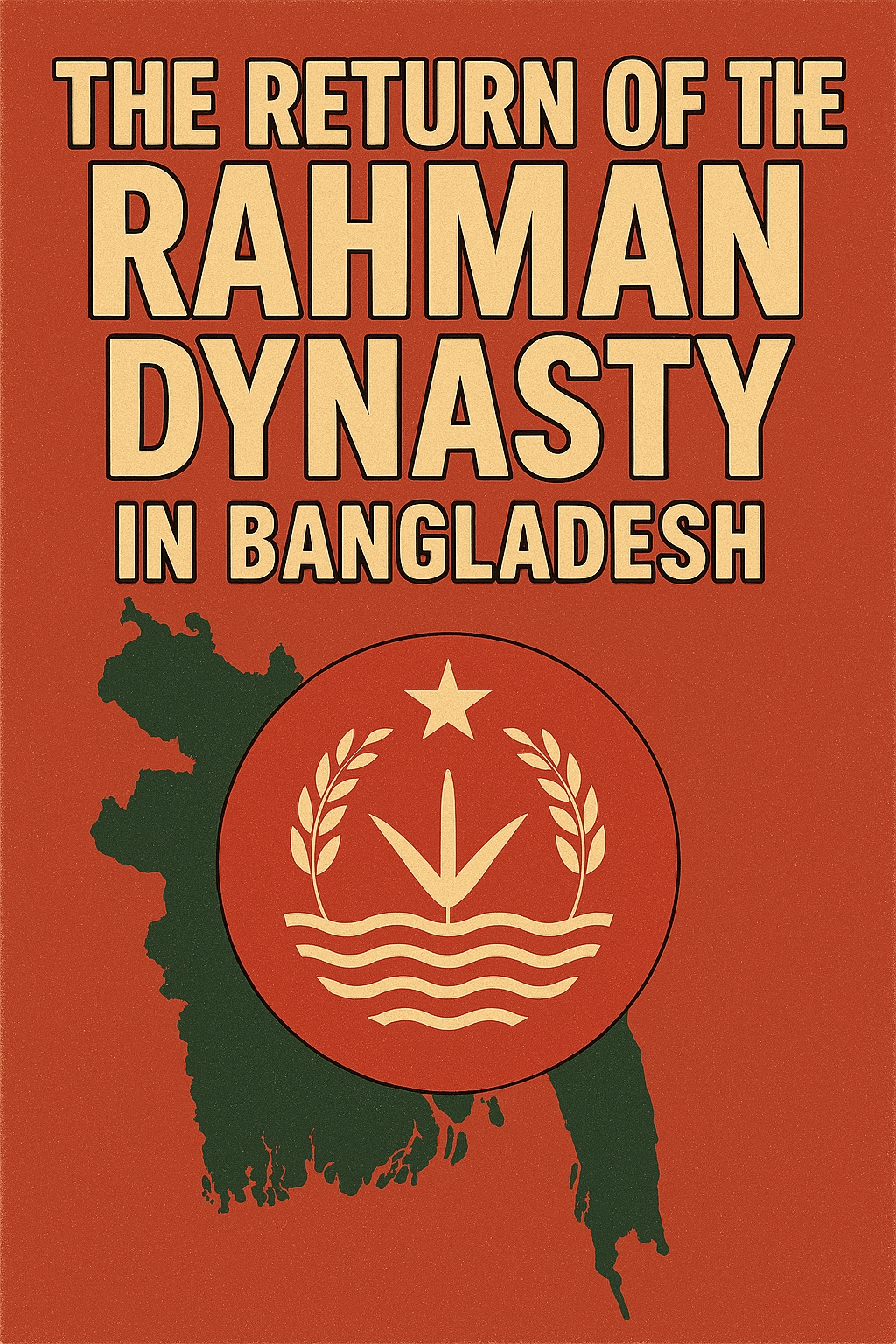Rishi Sunak’s Support for Israel Undermines Trust in Britain Home and Abroad
By Shofi Ahmed
The recent allegations made by the International Centre of Justice for Palestinians (ICJP) against the UK government, particularly Prime Minister Rishi Sunak, alleging complicity in war crimes committed by Israel in Gaza, have raised significant legal and political implications. In this analysis, I explore the potential legal ramifications and their wider consequences.

The first step in the process would involve initiating an investigation by Scotland Yard’s War Crimes Unit, as urged by the ICJP. Such an investigation would aim to thoroughly gather evidence and examine the allegations against Rishi Sunak and potentially other government officials. This scrutiny would likely involve a comprehensive review of international criminal law, domestic legislation, and relevant treaties to assess whether there is substantial evidence to support the claims of aiding, abetting, or supporting war crimes.
Individual responsibility plays a crucial role in international criminal law. If the investigation uncovers credible evidence implicating Rishi Sunak or other officials, it could potentially lead to legal proceedings against them on the basis of their alleged roles in the support of war crimes. However, the outcome of any potential legal proceedings is uncertain and highly dependent on the evidence presented and the interpretation of the law.
Legal proceedings involving high-ranking government officials can have profound political implications. They have the potential to impact public perception, the stability of the government, and international relations. The specific context and developments surrounding the case would heavily influence the political consequences. It is important to note that the ultimate political fallout cannot be predicted with certainty, as it depends on a range of factors and how they unfold during the proceedings.
In such legal proceedings, those accused, including Rishi Sunak, would have the opportunity to present a defence and counter the allegations made against them. This would involve providing evidence and arguments to challenge the claims of complicity in war crimes. The defence’s ability to undermine the evidence and present alternative explanations will be a critical factor in the legal proceedings.
It is essential to emphasise that this analysis is based on the assumption of a potential investigation and legal proceedings. The initiation of an investigation by Scotland Yard’s War Crimes Unit is not guaranteed, and the outcome cannot be determined in advance. The legal process can be complex and lengthy, involving thorough examination of evidence, legal arguments, and judgments.
As the allegations against the Rishi Sunak government unfold, it is imperative to closely monitor any developments in the investigation and legal proceedings. The potential consequences of these allegations extend beyond legal scrutiny, as they may significantly impact the political landscape and international relations. It is within this context that the legal and political ramifications of the ICJP’s allegations against the Rishi Sunak government’s support for Israel should be analysed.
Whether the case lands on Scotland Yard or not is causing erosion of trust home and abroad. The government’s unwavering support for Israel amidst mounting evidence of war crimes in Gaza undermines the UK’s credibility and erodes trust in its commitment to upholding international human rights norms. This damages the British government’s image abroad as a principled defender of justice and human rights.
To mitigate this damage, Rishi Sunak must reassess the government’s position and demonstrate a commitment to impartiality and a respect for international law. By holding Israel accountable for its actions and advocating for a fair and peaceful resolution to the Israeli-Palestinian conflict, the government can rebuild trust and restore its fair position across the board.





